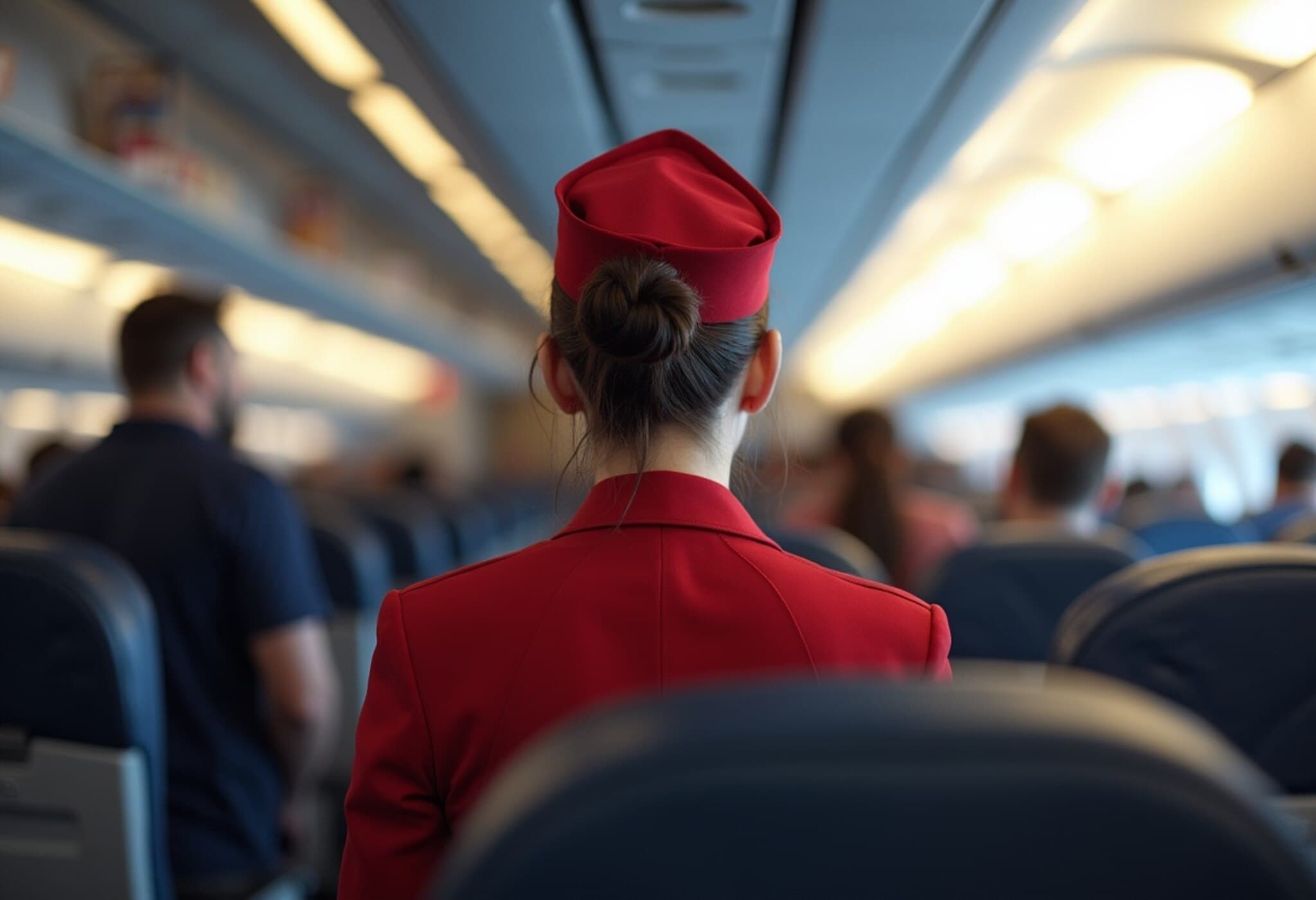Air Canada Resumes Operations Following Government Intervention in Flight Attendants Strike
August 17, 2025 — After a tense standstill that grounded over 700 flights and left thousands of travelers stranded across Canada, Air Canada has announced the resumption of its operations following a decisive order from the Canada Industrial Relations Board (CIRB) to end the strike by 10,000 flight attendants.
Government Steps In to Resolve Prolonged Labor Dispute
The strike, initiated by Air Canada’s cabin crew on Saturday due to stalled wage negotiations and disputes over unpaid ground duties, caused significant disruption to one of North America’s largest airlines during peak summer travel season. The CIRB invoked Section 107 of the Canada Labour Code late Sunday, compelling both parties to return to work and enter binding arbitration.
In an official statement, Air Canada confirmed that all flight attendants were instructed to resume duties by 2:00 PM EDT on August 17, 2025. The airline plans to restart flights Sunday evening but cautioned passengers that full operational normalcy could take several days.
Passengers Caught in the Crossfire Amid Economic Ripples
The strike’s immediate fallout was palpable at major Canadian airports, with travelers sleeping on chairs and many forced to alter their plans last minute. The airline serves approximately 130,000 passengers daily and connects to 180 cities worldwide, magnifying the strike’s ripple effects on tourism and commerce.
- Over 700 flights were suspended during the strike.
- Some cancellations will continue for up to 10 days as the airline recovers.
- Thousands of travelers experienced delays and uncertainty during the summer travel season.
The Union’s Grievances and Controversial Government Intervention
The Canadian Union of Public Employees (CUPE), representing the flight attendants, has highlighted two core demands: substantial wage increases and compensation for ground work performed during boarding and deplaning, which they assert remain unpaid.
While CUPE criticized the government’s back-to-work order as a "reward to Air Canada’s refusal to negotiate fairly," they expressed concern about a possible conflict of interest surrounding CIRB Chairwoman Maryse Tremblay, who previously served as legal counsel for Air Canada. The union labeled her ruling an "almost unthinkable display of conflict-of-interest," sparking debates on impartiality.
Prior to the strike, Air Canada outlined its proposal suggesting that senior flight attendants could earn close to CAN$87,000 (~US$65,000) by 2027. CUPE responded by condemning the offer as insufficient, calling it "below inflation and below market value." This wage dispute comes at a time when Canada’s economy is already navigating external pressures, including the economic impacts of US tariffs.
Broader Implications for Canadian Labor Relations and the Aviation Sector
Experts note that this strike and subsequent government intervention may set a precedent influencing future labor disputes in Canada’s critical infrastructure sectors. While ensuring uninterrupted air travel is vital for the economy and public convenience, labor rights advocates caution against sidelining fair negotiation processes.
Additionally, the strike has drawn attention to the evolving complexities of airline labor, where roles now extend beyond traditional in-flight duties to include extensive ground-related tasks that significantly affect workers’ workloads and compensation.
Looking Ahead: Recovery and Negotiations
As Air Canada works to restore its schedule, passengers are advised to check their flight statuses meticulously, given the likelihood of residual cancellations. Meanwhile, the binding arbitration process mandated by the CIRB will seek to reconcile outstanding issues, but the undercurrents of labor tensions remain a reminder of the delicate balance between operational continuity and workers’ rights.
Editor’s Note:
The resolution of the Air Canada strike highlights the ongoing challenge of balancing corporate operational demands with fair labor practices. While government intervention restored immediate calm, questions linger about equitable negotiation frameworks and the role of arbitration in labor conflicts. How will this incident influence future labor relations in Canada’s vital transportation sector? The debate continues, underscoring the importance of transparent, fair, and empathetic dialogue between employers, workers, and regulators.



















